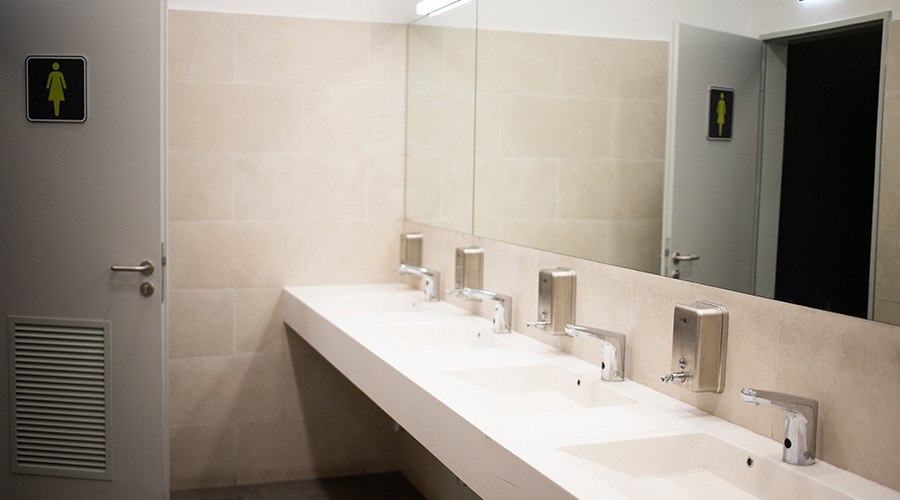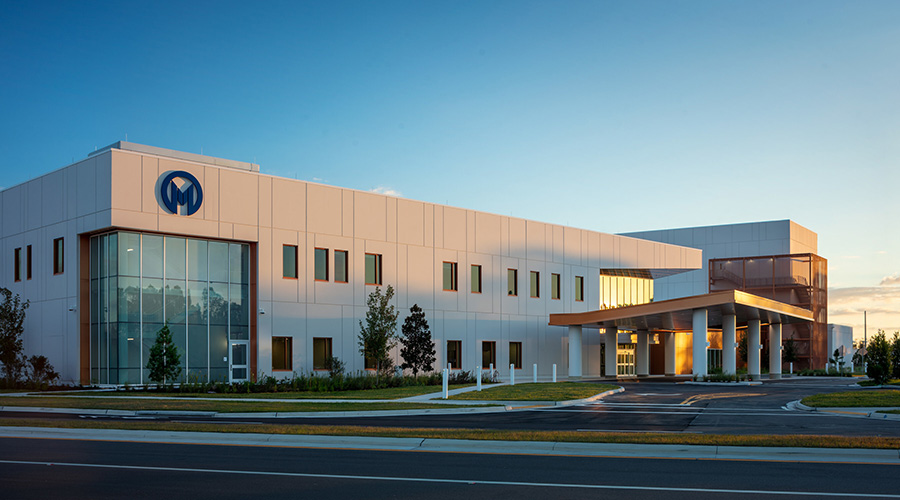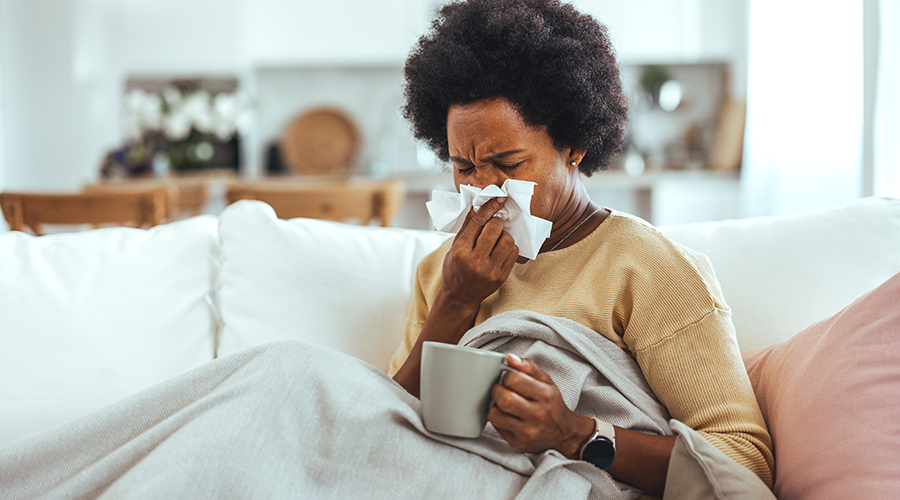Candida auris (C.auris) is an emerging, often multi-drug resistant, fungus that causes serious and often deadly infections in healthcare settings. The Centers for Disease Control & Prevention (CDC) recently issued a warning about C.auris, terming it a “serious global health threat.”
Nearly 700 C.auris cases have been reported in the U.S. thus far, but hospitals overseas have been battling the deadly pathogen for quite some time. The Netcare Hospital Group, which operates the largest private hospital network in South Africa, was the first and is the only hospital group in South Africa to utilize Xenex high intensity, broad spectrum mobile disinfection robots that have been proven effective against viruses and bacteria that can threaten patient safety. Dr. Caroline Maslo is Senior Clinical Advisor and Head of Infection Control for Netcare’s Hospital Division, and the lead author of a new peer-reviewed study “The efficacy of pulsed-xenon ultraviolet light technology on Candida auris” that validates the efficacy of LightStrike™ pulsed xenon ultraviolet (UV) disinfection technology in destroying C.auris.
In the BMC Infectious Diseases study, researchers reported a 99.6% reduction in C.auris after a 10-minute treatment with pulsed xenon UV disinfection, stating “the PX-UV mobile device is easy to use and has significantly shorter cycle times that makes it easier to disinfect all areas outside the room where the patient received care, as recommended by the CDC.”
Dr. Mark Stibich, co-founder and Chief Scientific Officer of Xenex, said, “As an evidence based company, seeing this research documenting the efficacy of pulsed xenon UV disinfection technology against C.auris is very exciting. We began hearing reports of C.auris some time ago and began testing in government laboratories to create protocols for how our technology should be utilized to combat it. This data from Dr. Maslo’s group further validates our best practices. Adding LightStrike robot disinfection to your hospital’s infection prevention bundle can help combat the spread of C. auris in the hospital environment and our team is prepared to help healthcare facilities integrate the technology into their infection prevention strategy.”
Xenex LightStrike robots quickly destroy bacteria, viruses, mold, fungus and spores on hospital surfaces. The portable disinfection robots are effective against the most common as well as the most dangerous pathogens, including Clostridium difficile (C. diff), norovirus, influenza, Ebola, carbapenem-resistant Enterobacteriaceae (CRE), Vancomycin-resistant enterococci (VRE) and methicillin-resistant Staphylococcus aureus (MRSA). Trained hospital cleaning teams operate the robot, which is brought in after the patient has left the room as part of a hospital’s comprehensive infection prevention strategy. The intense pulsed xenon UV light quickly destroys invisible pathogens lurking on surfaces (bedrails, tray tables, door knobs, wheelchairs, etc.).
More than 400 healthcare facilities worldwide are using LightStrike Germ-Zapping Robots™ daily to disinfect rooms against a full spectrum of agents, including C.auris. Several hospitals in the northeastern U.S. utilized their Xenex robots after treating C.auris patients, and no additional infections were reported. The robots can be used in any department and in any unit within a healthcare facility, including isolation rooms, operating rooms, general patient care rooms, contact precaution areas, emergency rooms, bathrooms and public spaces.
LightStrike robots have been studied extensively in the hospital environment and credited in numerous peer-reviewed, published studies with helping hospitals decrease their C.diff, MRSA and Surgical Site Infection (SSI) rates from 46% -- 100%.
Netcare purchased and implemented LightStrike devices in hospitals across South Africa from Kiara Healthcare, Xenex’s authorized reseller in Africa.
 What Lies Ahead for Healthcare Facilities Managers
What Lies Ahead for Healthcare Facilities Managers What's in the Future for Healthcare Restrooms?
What's in the Future for Healthcare Restrooms? Hammes Completes the Moffit Speros Outpatient Center
Hammes Completes the Moffit Speros Outpatient Center The Top Three Pathogens to Worry About in 2026
The Top Three Pathogens to Worry About in 2026 Blackbird Health Opens New Pediatric Mental Health Clinic in Virginia
Blackbird Health Opens New Pediatric Mental Health Clinic in Virginia